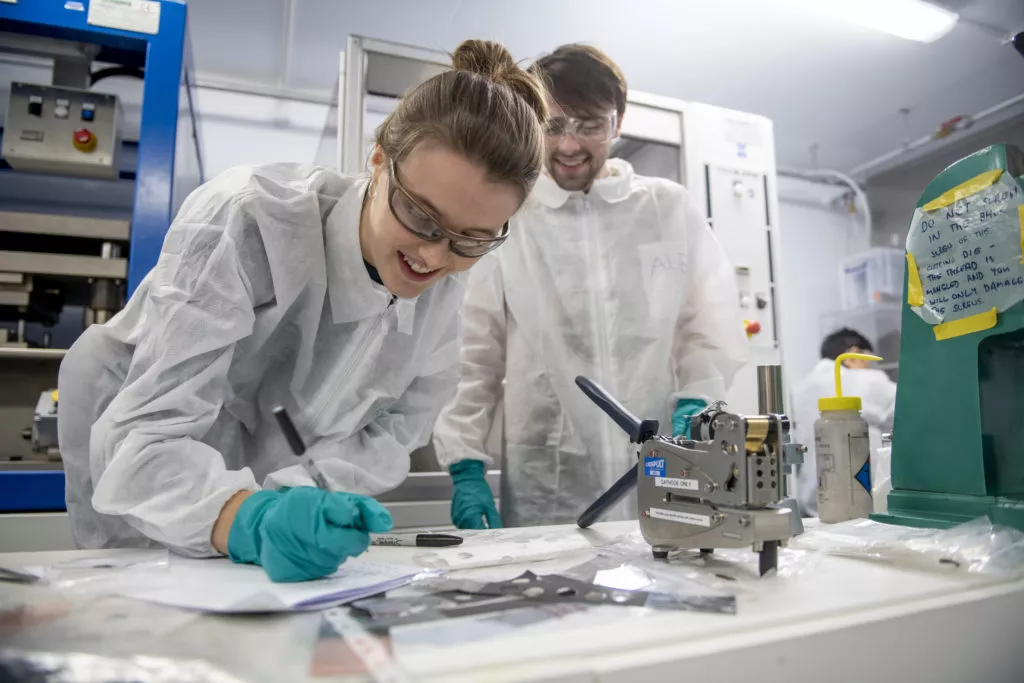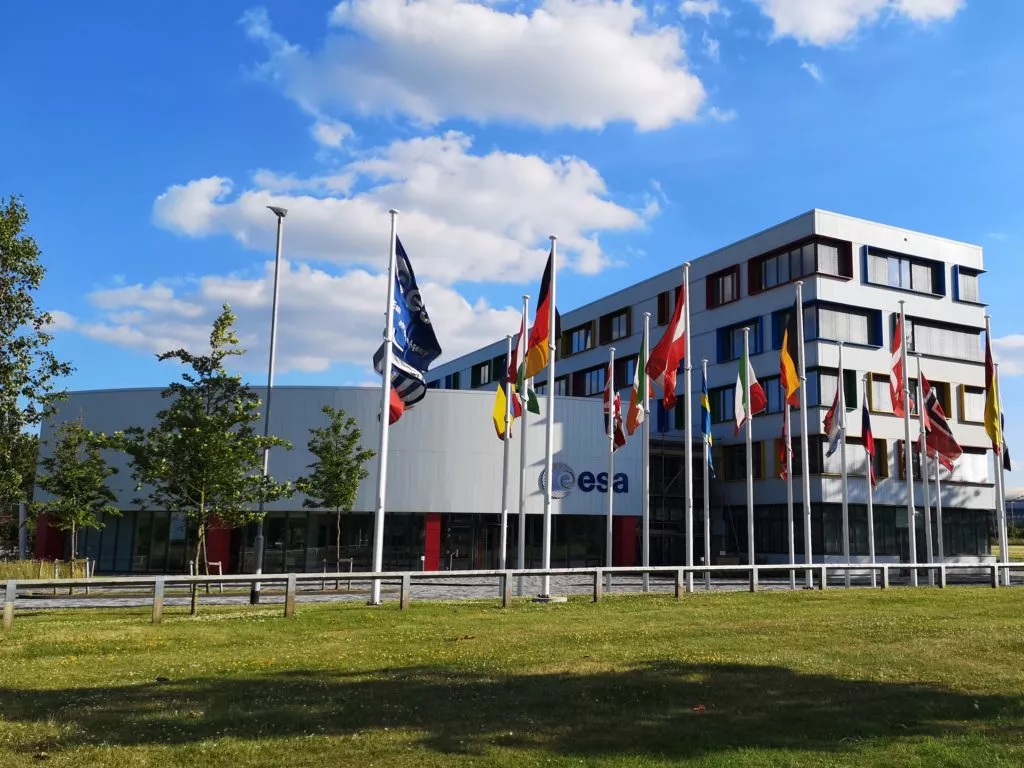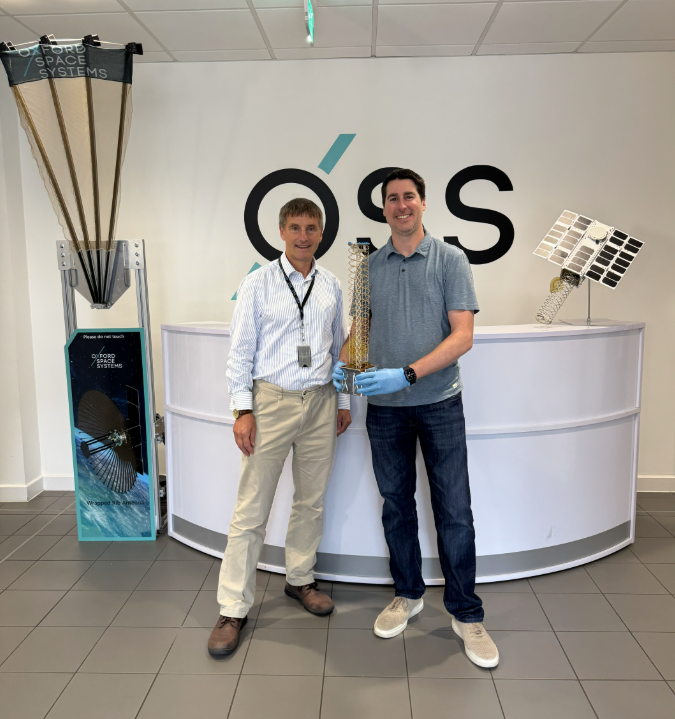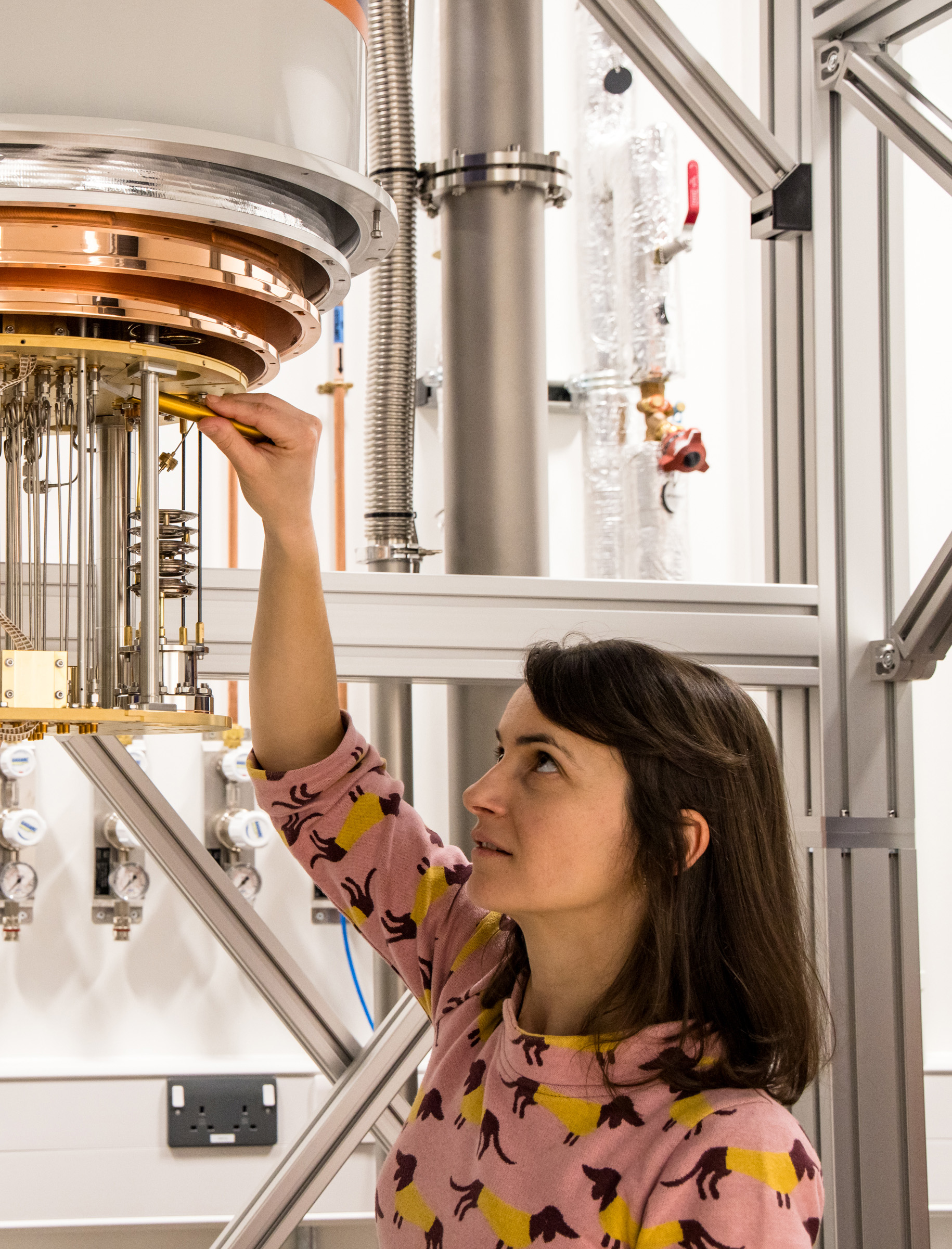
The importance of investing now for jobs of the future
Joanna Hart, Skills Factory Director for National Labs at Harwell, discusses the importance of investing in skills and talent now to create a sustainable pipeline of talent for jobs that don’t exist yet.
Wherever you go, skills is a hot topic. Despite lots of measures being taken to encourage more individuals to seek jobs in technology, businesses are still highlighting long lists of unfilled vacancies hampering their growth and the ability of the UK to create the qualified workforce it needs to remain competitive. Although science and tech organisations are looking to fill a wide range of jobs, the one element that many have in common is the requirement for 5+ years’ experience. In other words, they are looking for perfect employees: those that have seen it all before, so that they can slot straight into the role with minimal on-boarding and start delivering immediately.
In high growth sectors, like space and net zero, there are simply not enough of these perfect employees to go round. For example, the Space Skills Alliance believes half of UK space companies have skills shortages. This is great for employees as salaries go up and new career opportunities abound, however it’s a big challenge for the companies that employ them.
The Harwell Campus Skills Group which brings together representatives from the major employers at Harwell Campus is proactively looking to address the national skills challenges by working collaboratively to:
- Support access to skilled people for today’s workforceby encouraging a wide range of people to consider the exciting job opportunities available at Harwell Campus today: raising visibility of existing vacancies and improving mechanisms for employers to connect with potential employees that have the skills needed.
- Develop the existing skill base by providing opportunities to upskill and to leverage the benefits of the clustering of organisations to support collective training and peer-to-peer learning through knowledge exchange opportunities.
- Ensure the future pipeline of diverse talentby leveraging the inspirational science taking place across Harwell to engage schools and communities. By targeting harder to reach audiences and increasing STEM aspirations there will be a strong pipeline of applicants with a broad skill base in 5 to 10 years’ time.
Harwell Campus organisations have a strong history of supporting the future pipeline development. For example over the summer Diamond Light Source, the UK’s national synchrotron facility hosted 50 work experience students, showcasing the exciting careers available in science by giving them an insight into the facility. The synchrotron acts like a giant microscope, harnessing the power of electrons to produce bright light that scientists can use to study anything from fossils to jet engines to viruses and vaccines. The Satellite Applications Catapult has enabled 23 summer internships at innovative space companies for undergraduates, which has provided a valuable recruitment route for the companies. The Science and Technology Facilities Council has offered online work experience opportunities to over 90 school children, hosted over 30 summer internships and recruited 69 industrial placement undergraduates for a year in industry. There will be more opportunities next year, with applications opening around Christmas.
With over 200 organisations on the Harwell Campus, there is clearly more that can be achieved to collectively encourage more young people to consider STEM careers at Harwell Campus and beyond. So if you are an innovative business, do consider what you can do to help. From supporting initiatives like OxLEPs ‘Give an hour’ to providing work experience opportunities, there is a wide range of things you can do to inspire the next generation and raise awareness of the opportunities in Science, Engineering and Technology at Harwell Campus.
Harwell Campus is also doing its bit as part of the Advanced Research Clusters (ARC) network, which recently established a partnership with the Institute of Imagination (iOi), LEGO, Raising Robots and the UTC Oxfordshire, to launch RE:CODE. RE:CODE aims to build coding and creative problem-solving skills in pupils, through activities that deepen learning on real-world themes, whilst boosting 21st century skills. The World Economic Forum estimates that 65% of children entering primary school today, will ultimately end up working in completely new job types that don’t yet exist. For science and innovation companies, initiatives like this help prime children for innovative thinking — the type of knowhow that could land them at those companies a decade or so later.


